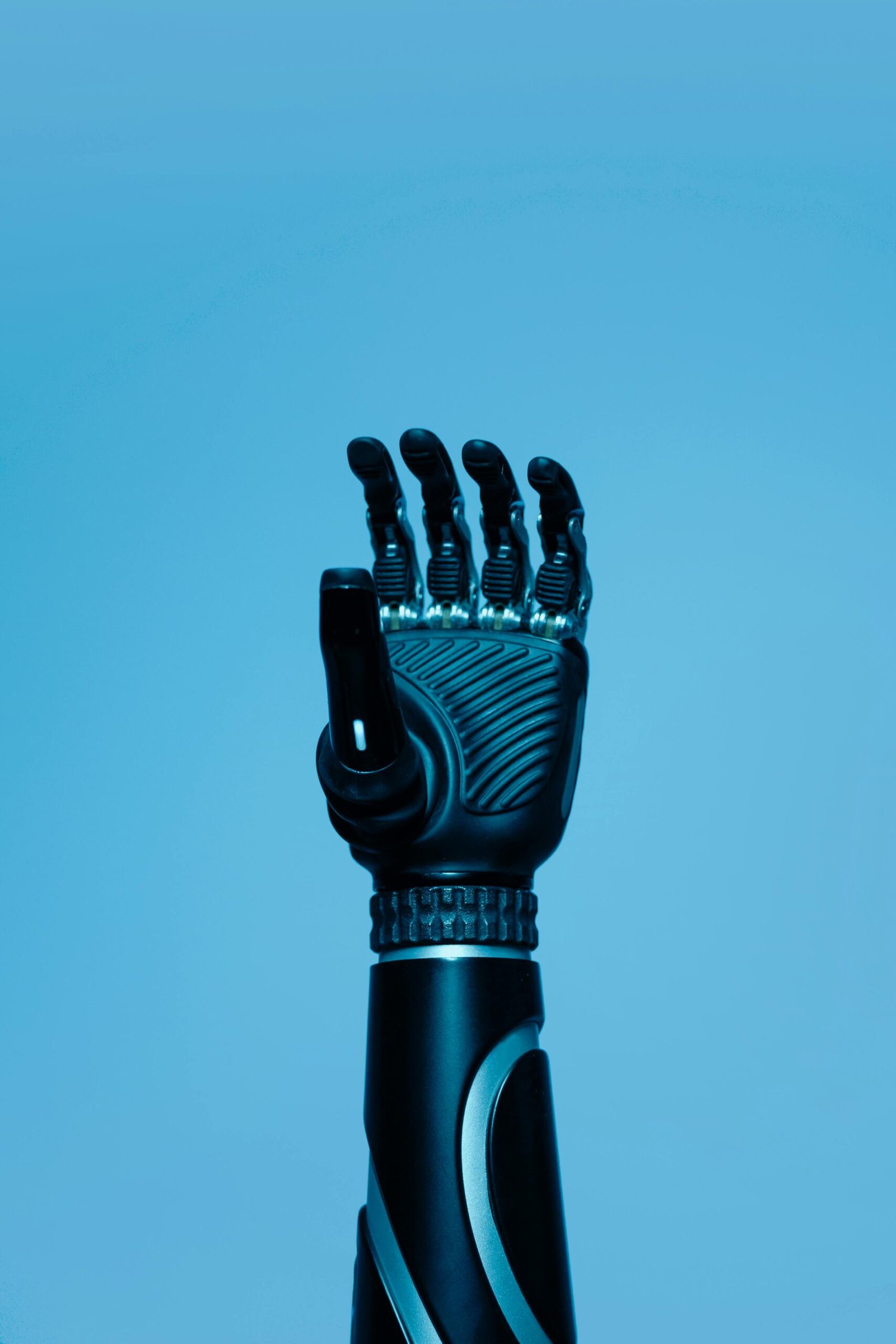Resolution Reached: Hugging Face and FriendliAI Settle Patent Dispute
In a significant development within the AI community, Hugging Face, a prominent AI developer platform, has reached a settlement with Korean startup FriendliAI over a patent infringement lawsuit. According to a recent filing in the U.S. District Court for the Northern District of Delaware, the two parties have entered into a “confidential agreement,” leading to the dismissal of the lawsuit “with prejudice,” meaning it cannot be refiled.
- Confidential settlement agreement reached on January 8.
- Lawsuit dismissed with no costs or fees to either party.
- Court retains jurisdiction over the settlement agreement.
This lawsuit, initiated nearly two years ago, centered around FriendliAI’s claim that Hugging Face had violated its patent related to “batching with iteration-level scheduling.” FriendliAI alleged that Hugging Face’s Text Generation Inference tool used its patented method to handle incoming data requests. The patent described a system that enables more efficient data processing by allowing finished requests in a batch to be sent out and new requests to be added before completing the entire batch.
“FriendliAI and Hugging Face hereby stipulate to dismissal … without costs and fees to any party of this case.”
{U.S. District Court Filing}
FriendliAI, founded in 2021 and backed by venture capital, has been focusing on developing infrastructure solutions for AI. They argued that their technology enhances how AI systems manage multiple requests simultaneously, boosting efficiency and performance.
Hugging Face, meanwhile, has established itself as one of the world’s largest repositories of AI tools and models. With $235 million in funding from industry giants like Google, Amazon, and Nvidia, Hugging Face not only hosts these resources but also develops bespoke AI solutions and provides consulting services for enterprises seeking to leverage AI technology.
While Hugging Face has yet to comment on the settlement publicly, this resolution marks an important chapter in the ongoing evolution of AI technology and its legal landscape. As companies continue to innovate and push boundaries, such cases underscore the importance of navigating intellectual property rights carefully.



